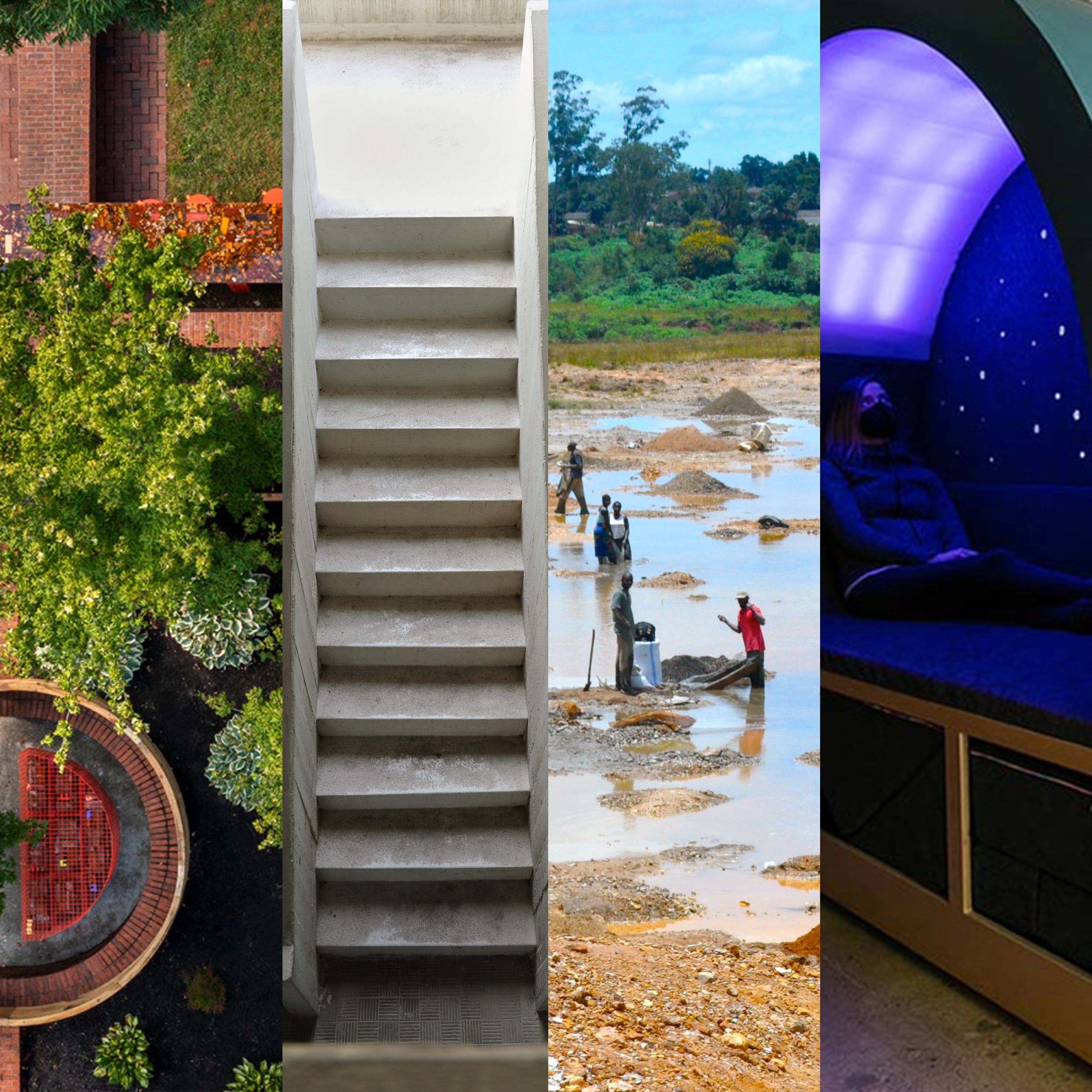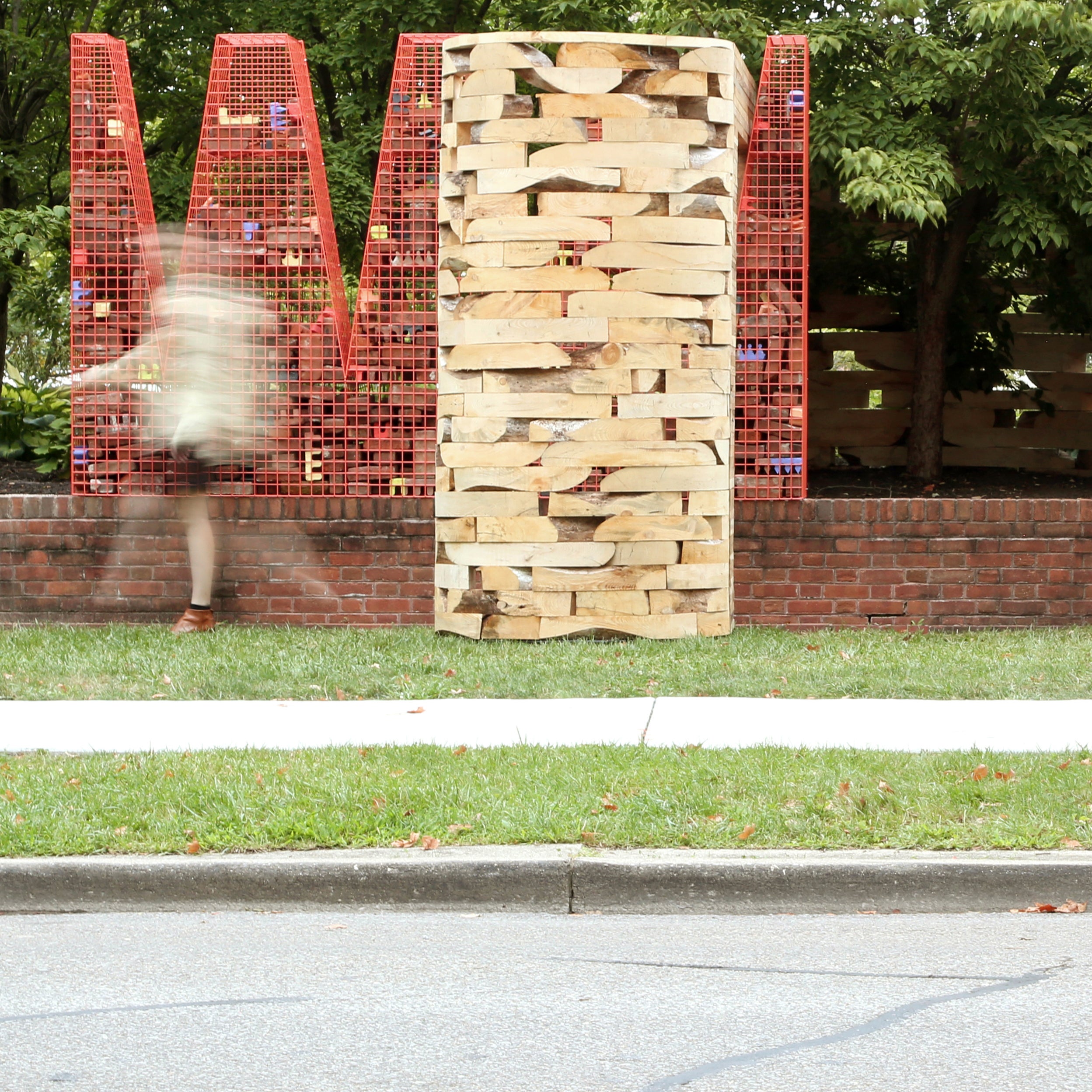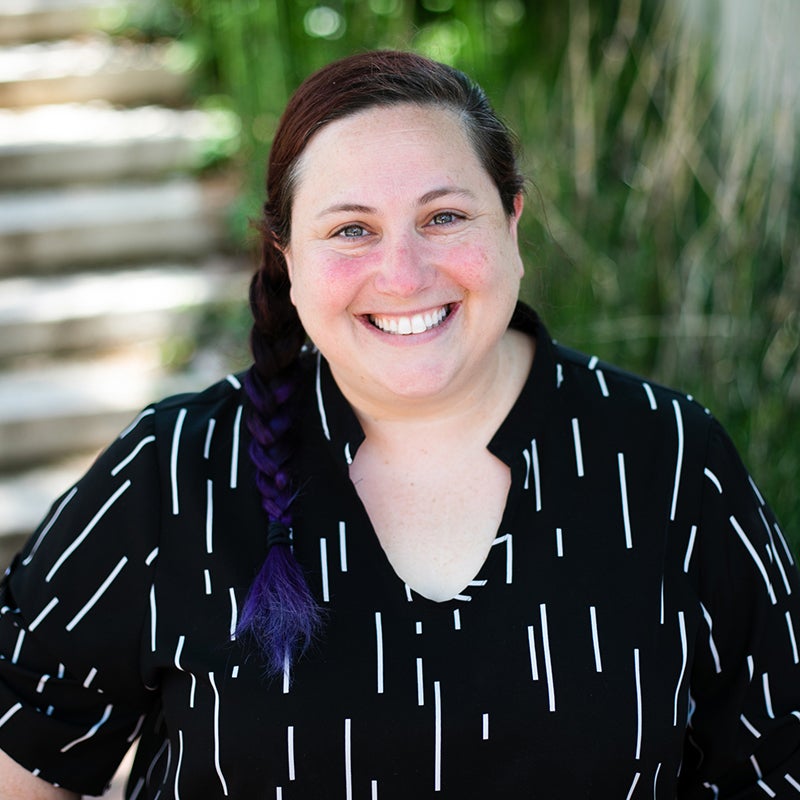
PhD Student Luka Hamel-Serenity is a 2024 Environmental Futures Fellow
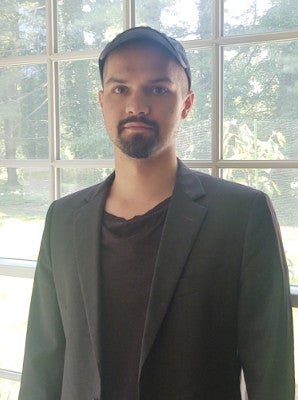
UVA School of Architecture is delighted to announce that Luka Hamel-Serenity, a student in the PhD in the Constructed Environment program, has been named a 2024 Environmental Futures Fellow by UVA's Environmental Institute (EI). This prestigious annual program supports summer interdisciplinary graduate research that advances resilience and sustainability. Hamel-Serenity joins Heather Christensen (Graduate Research Assistant, Environmental Sciences) and Jenny Tran (MPP, Batten School) as the 2024 fellows.
“This year's cohort of Environmental Futures Fellows is, as usual, an impressive group of early-career scholars,” said Karen McGlathery, Director of UVA’s Environmental Institute. “They all bring thoughtful academic rigor and research to finding solutions to some of the world’s most pressing climate challenges.”
Hamel-Serenity's research focuses on the intersection between racial justice, climate resilience, and place attachment in the urban communities of the Chesapeake Bay. Born in Baltimore, and raised near Annapolis, Maryland, he has witnessed firsthand the effects of sea level rise on the Severn River, a tidal tributary of the Chesapeake Bay. According to the EI's recent announcement, Hamel-Serenity will leverage the Environmental Futures Fellowship to further his research into resident perceptions of environmental dynamics in Norfolk, Virginia, a topic central to his dissertation.
"Norfolk is a highly developed city, with more than 90% of the landmass being urbanized or owned by the military. How do people relate to nature in an environment so densely inhabited by humans?" Hamel-Serenity asks. "Marginal natural areas remain in Norfolk, which are lush, green, riparian, or marshy, but these may be hidden behind neighborhoods, large thoroughfares, or even other outdoor spaces like Northside Park."
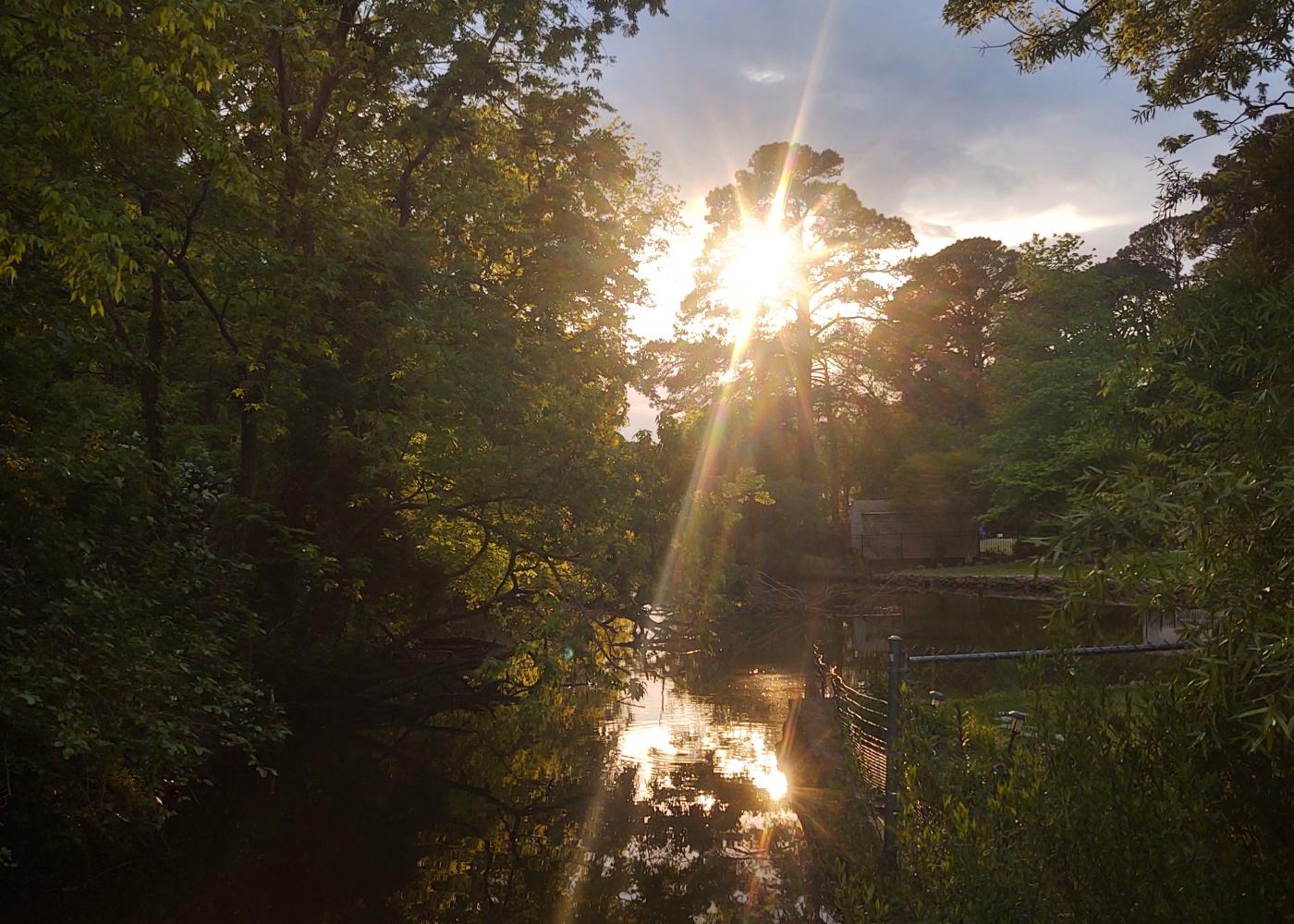
He continues, "Having lived in Norfolk for my dissertation research since July 2023, I can ask in the first person plural: do we, as city-dwellers, still believe in nature? How do climate change, industry, and urbanization affect our vision for Norfolk's future nature? And finally, if we lose this nature, what social, cultural, spiritual, and climatic stirrings will we have lost?"
Hamel-Serenity expresses his enthusiasm for the fellowship: "I am thrilled to have the opportunity to explore these questions in a deeper way through interviews and content analysis of historical maps, in order to share the story of Norfolk's climate resilience and environmental future, as told by ten of the city's residents. Addressing these questions here in the Virginia Tidewater, which is a testing ground for climate adaptation and coastal resilience, may have implications for environmental resilience in other cities of the Mid-Atlantic and for urban waterfronts around the United States."
The School and the PhD in the Constructed Environment program congratulates Luka Hamel-Serenity on this exciting research opportunity!

